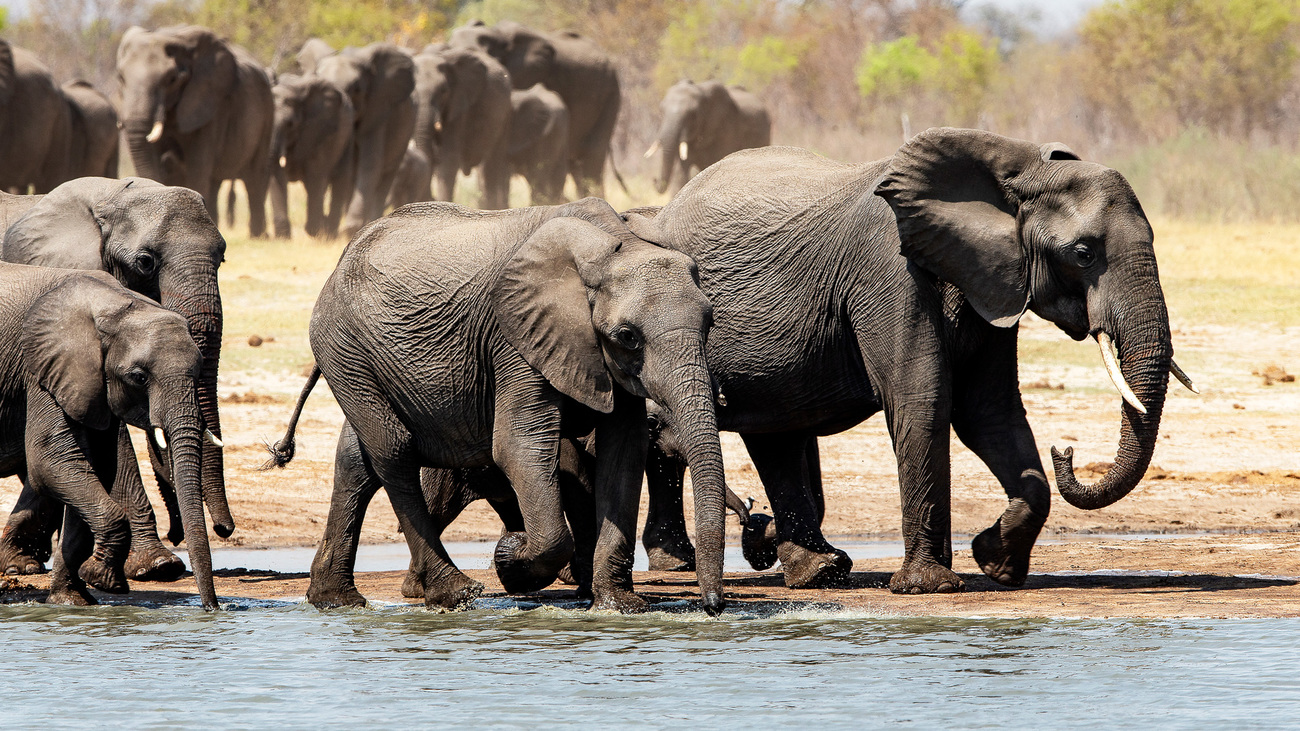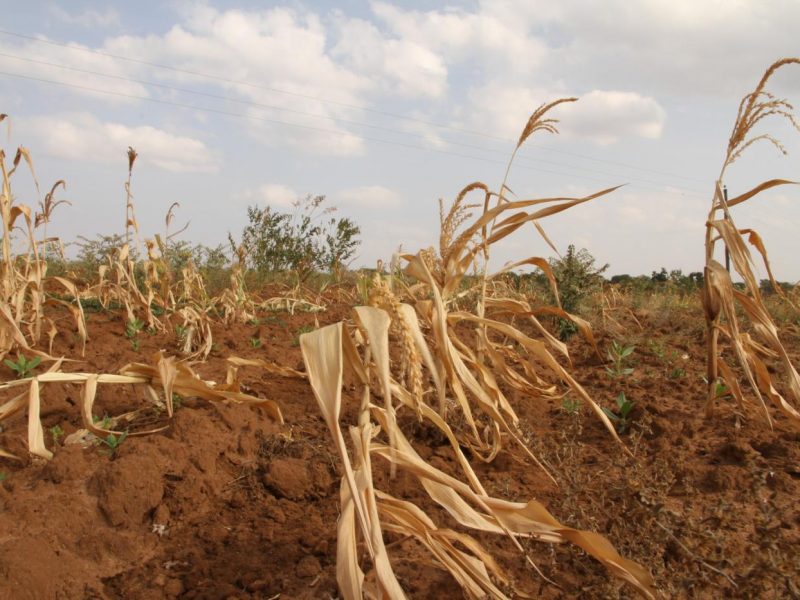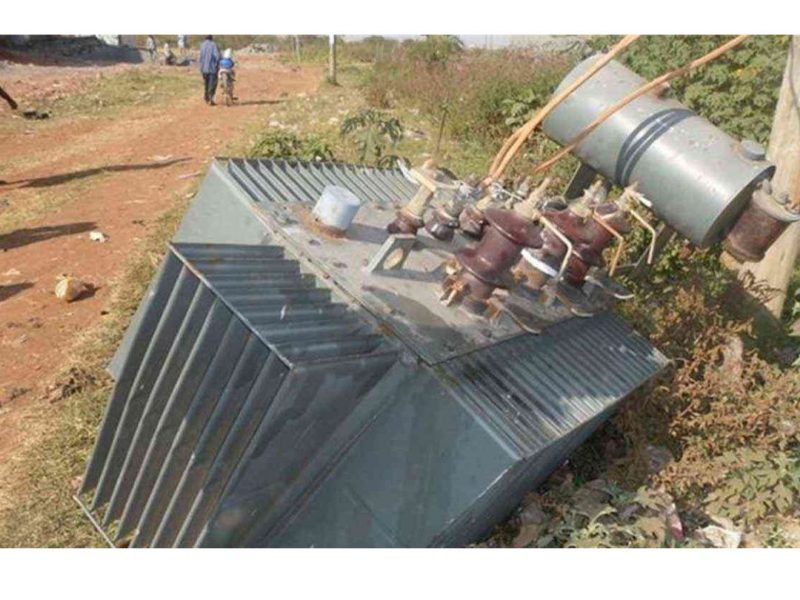Wildlife Economy key to economic growth
By Nomagugu Konke
The Ministry of Environment, Climate and Wildlife, has emphasized the need to harness wildlife, as it contributes to over a million dollars to the country’s economy through hunting, game cropping, tourism, and live animal sales.
While officially opening the wildlife economy workshop, Professor Prosper Matondi there is a need to invest in the wildlife sector to realize economic growth.
“As Zimbabwe positions for a decade of economic growth to achieve its vision of becoming a prosperous and empowered upper middle-income country by 2030, there is a need to substantially harness development opportunities in the wildlife economy,” He said.
He also mentioned the challenges faced by the biodiversity economy.
“Zimbabwe is rich in biodiversity that is plant and animal life and its varied landscapes and aquatic ecosystems. Biodiversity and ecosystem services are particularly important, supporting agriculture, industry, energy, tourism, and manufacturing, which are the country’s key economic pillars.
“Despite the high level and global significance of biodiversity in Zimbabwe, the country faces multiple challenges associated with biodiversity loss, ecosystem degradation, and climate change consequences.
These challenges include deforestation, poaching and illegal wildlife trade, human-wildlife conflict and retaliatory killings, and climate change.
“To address some of these challenges, there is a need for the country including the communities to develop and invest in the wildlife sector. Furthermore, value addition of some of the wildlife products can be carried out in order maximize benefits from the sector,” he said.
Estimates show that Protected Areas (PAs) attracted about $351.9 million in photographic and hunting tourism in 2019, or 27% of total tourist expenditure and 1.7% of GDP. On the other hand, hunting generated about $19 million in fees paid to the Government in 2019.

 English
English
 French
French
 German
German
 Italian
Italian








